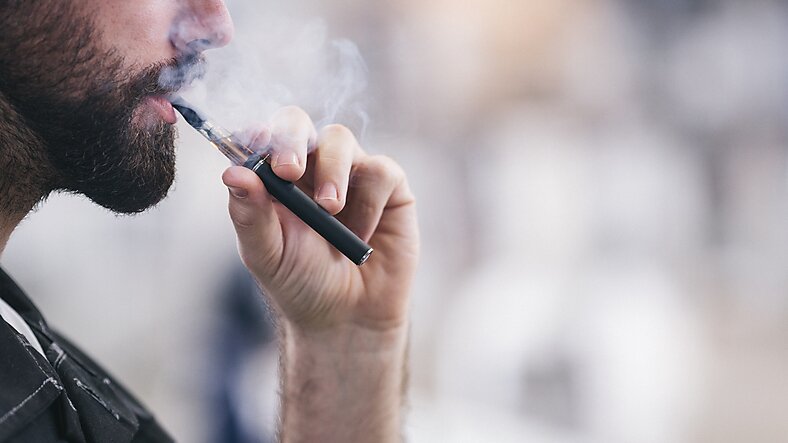The Centers for Disease Control and Prevention recently reported that, during 2023, the middle and high school student population using e‑cigarettes during the past thirty days dropped to just 7 percent, and teen e‑cigarette use fell from 14 percent to 10 percent between 2022 and 2023. Yet, the Senate Judiciary Committee plans to conduct hearings tomorrow on “Combatting the Youth Vaping Epidemic by Enhancing Enforcement Against Illegal E‑Cigarettes.”
The hearing will take place just two days after the Justice Department and Food and Drug Administration announced they have created a multi-agency coalition of law enforcement organizations that includes the Bureau of Alcohol, Tobacco, Firearms, and Explosives, the US Marshals Service, the Federal Trade Commission, and the US Postal Service to go after the underground trade in vaping materials.
Both the legislative and executive branches are in a hurry to solve the teen vaping epidemic before the public realizes that there isn’t one. As Michelle Minton wrote for the Reason Foundation last December, “The youth vaping epidemic, declared by the Food and Drug Administration (FDA) in 2018, appears now to have been more of a teenage fad—one possibly partially fueled by media attention on the issue. But, while the vaping fad may be subsiding, the hysteria surrounding it continues unabated.”
Importantly, a 2021 Brown University study found:
Vaping is largely concentrated among non‐smoking youth who would likely have smoked prior to the introduction of e‑cigarettes, and the introduction of e‑cigarettes has coincided with an acceleration in the decline in youth smoking rates. E‑cigarettes may be an important tool for population‐level harm reduction, even considering their impact on youth.
In an interview, one of the study’s authors stated, “The decline in youth smoking really accelerated after the availability of e‑cigarettes.”
This may help explain why teen smoking rates have hit historic lows.
I see a rationale for a new multi-agency law enforcement coalition as a jobs program for prohibitionists. But I don’t see any rationale for the scheduled Senate Judiciary Committee hearings on a non-existent “epidemic.”

